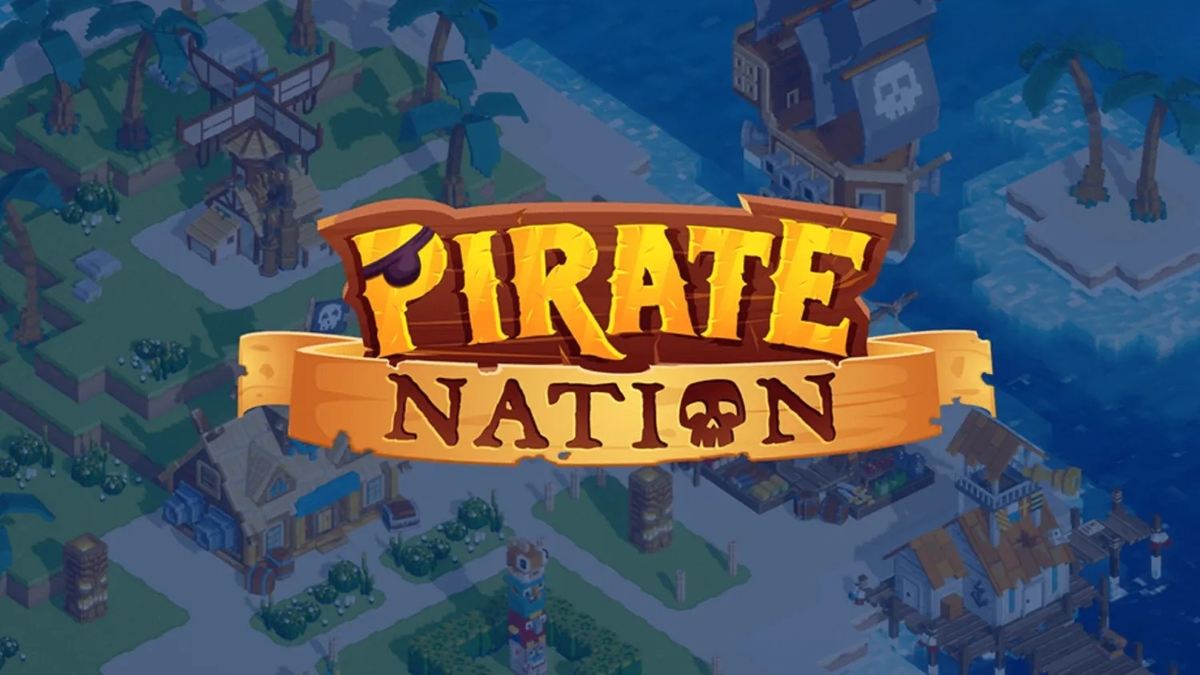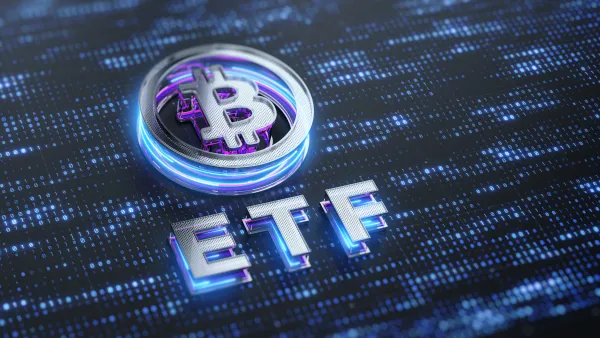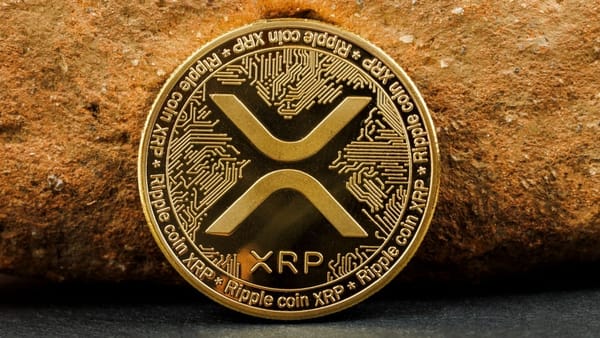Blockchain Game Pirate Nation Moves from Polygon to Arbitrum for a New Wave

Developer of Proof of Play studio is looking to transition the Pirate Nation game from the Polygon blockchain to Arbitrum Nova after witnessing increasing gas fees on Polygon. Although not significantly higher compared to other blockchains, the rise could impact the gaming experience for many players.
About Pirate Nation
Pirate Nation is a voxel-based role-playing game (RPG) with dynamic NFTs existing on-chain. While many games announced they were building on the Ethereum sidechain Polygon, Proof of Play studio sets sail for new shores with Pirate Nation.
Pirate Nation came into public knowledge on November 10, 2022, hosting a "free mint" event for 9,000 Founder’s Pirates. Currently, the game's NFT collection is traded on Opensea with a substantial volume, and recent developments indicate ongoing efforts by the team to announce new changes and provide more information for players.

9,000 Founder’s Pirates
High Polygon Gas Fees, Shift to Arbitrum
Co-founder and CEO Amitt Mahajan - a former member of Zynga and renowned for games like Farmville - stated that Pirate Nation needs to move to a more scalable and cost-effective platform. He noted that despite what some might think about network scaling, Polygon transaction fees have indeed risen.
Since the game's launch in December 2022, Mahajan noticed supplementary fees increasing as more players joined the game. While some Pirate Nation players bought NFTs on the Ethereum mainnet before game launch, any "transactions" or auxiliary activities in which players obtain items in the game do not require them to sign with their wallet or pay gas fees.
This move aims to simplify the Web3 experience of the game, making it as seamless and engaging as possible without hindrances and complexities when interacting with smart contracts. It has become a standard for many blockchain games.
While some studios opt for delegation methods where users only need to log in once, others absorb transaction costs within the game. Either way, someone has to pay those fees in the game for users to interact with smart contracts, and Proof of Play has been footing those gas fees to ensure users face no hassle.
Mahajan said, "As more people move to Polygon, we've started to encounter scalability issues with Polygon. We were paying between $3,000 - $4,000 a day in gas. And so it just became unsustainable. It prevents us from scaling the game."
Mahajan mentioned several options explored for Pirate Nation, including completely moving away from Ethereum or considering a private network such as Polygon Supernet or Avalanche Subnet.
However, the team opted for Arbitrum Nova because it supports Pirate Nation's technical features such as nodes and security products like OpenZeppelin deployed within the game.
While there are numerous rumors surrounding zero-knowledge (ZK) scaling networks, including the newly launched Polygon zkEVM network and the upcoming Immutable zkEVM gaming network based on Polygon itself, Mahajan acknowledged they did not want to risk something not yet fully optimized.
"There's a lot of hype around zero-knowledge (ZK) things. We don't want to be the first to adopt those technologies. We're just trying to deliver a great experience for users. So, we want to see proof of concepts, examples of projects running well before we're ready to move," Mahajan added.
Proof of Play team developed their own technology solution called "mirroring" to transition to Arbitrum Nova.
Instead of "bridging" assets through the process of creating a new version of NFTs on the chain, Pirate Nation set up smart contracts so that users see the assets they purchased on the Ethereum mainnet automatically appear in their game on Arbitrum Nova.
In other words, NFTs operate on both chains. Because Pirate Nation is almost entirely on-chain and operates through automated smart contracts, most aspects of the game are stored on one blockchain.
"Most existing Web3 games use NFTs and tokens as the basis for in-game items and currency. But for the most part, the games are still centralized," Mahajan said.
He likened most Web3 games to a chess game where the pieces are NFTs. But if you really want to play a chess game, you still have to go to someone's website and connect to their server. And if for some reason that company disappears, your chess pieces now become useless because you don't have the board or the rules that come with it," Mahajan commented on the current state of most Web3 games.
Pirate Nation is currently building an on-chain game engine and can be seen as equivalent to an on-chain game server. Many smart contracts also operate the game's mechanisms, meaning if the NFTs in the game aren't operating on-chain, they're just images stored on IPFS.
These changes won't significantly impact users unless they're tech-savvy; these updates will try to be seamless so that they don't interrupt the experience.
In early 2023, many blockchains announced plans to embrace blockchain gaming projects, open multiple funds to support developers on Polygon, Immutable X,... but when something comes too fast it can still lead to overload and create higher demand, which could be fixed in the future but the decision of each developer is respected and considered as a good contribution in this market.
On Arbitrum there is already a Treasure DAO, but there is really nothing special to attract more attention, let's wait and see if Pirate Nation can bring something new to gamers on Arbitrum.



